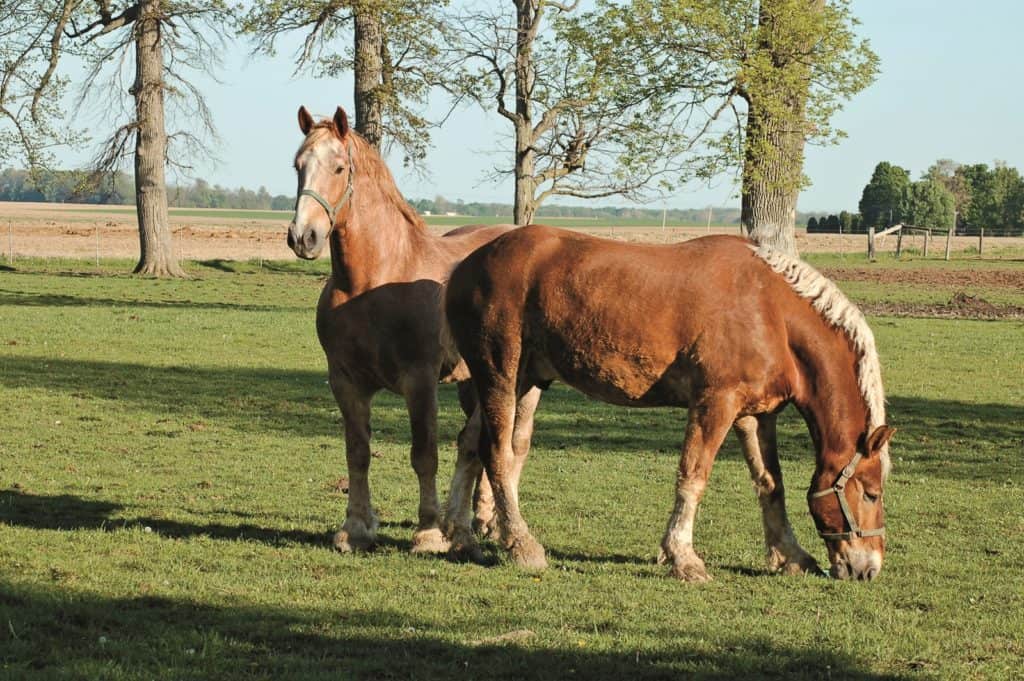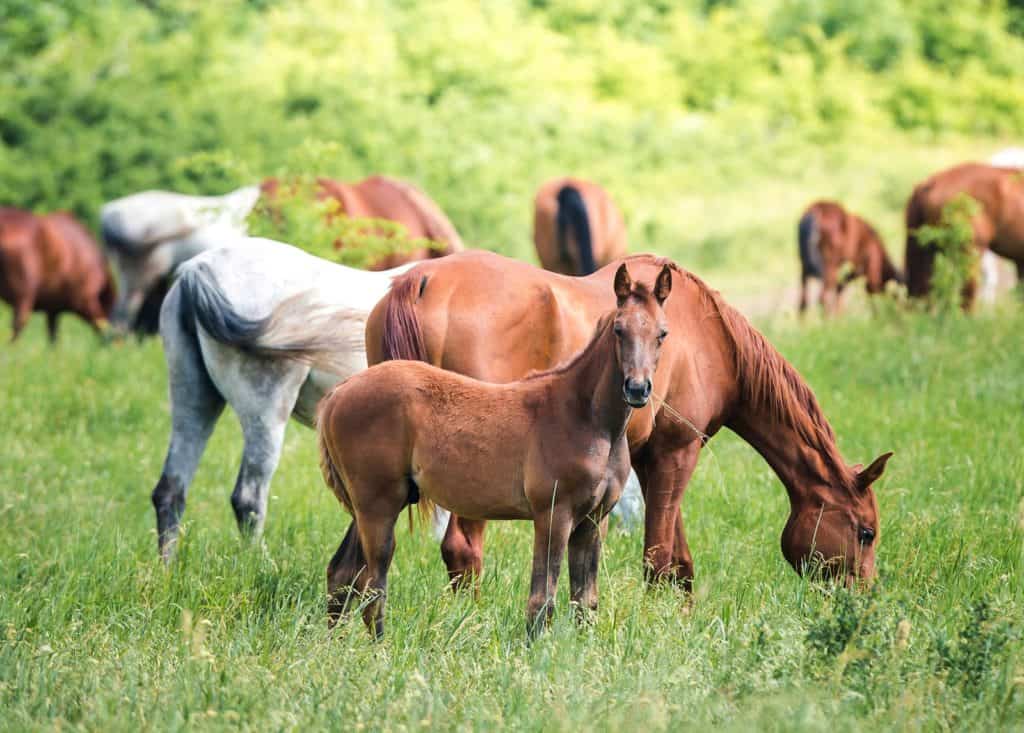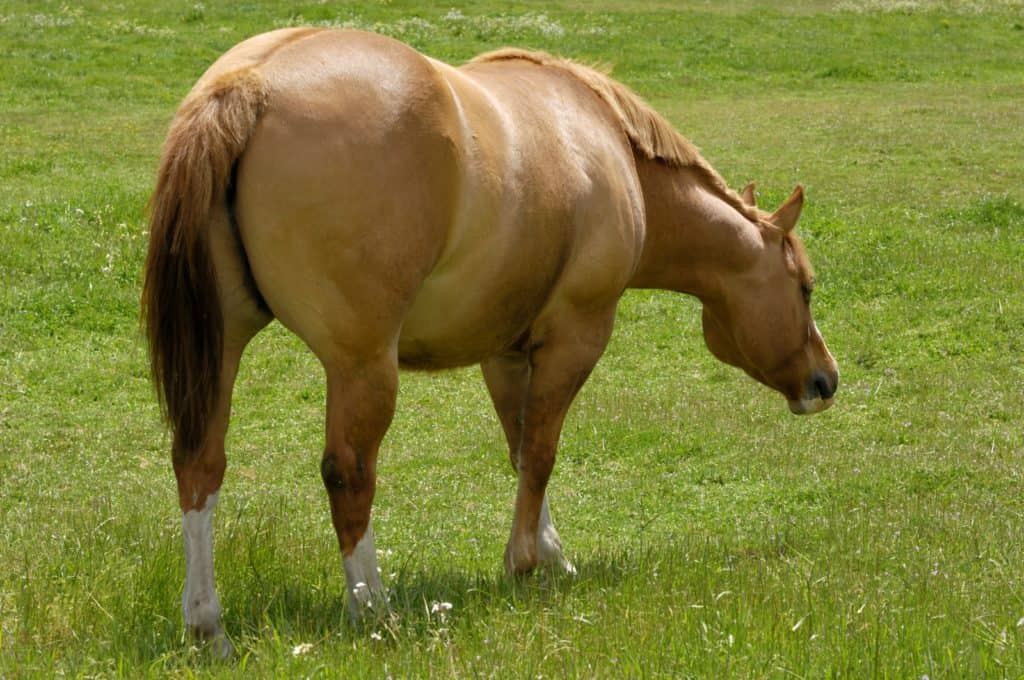
Winter is Coming: Are Your Horses and Farm Ready?
Three equine professionals offer tips for preparing your animals, facilities, and yourself for the deep freeze ahead.

Three equine professionals offer tips for preparing your animals, facilities, and yourself for the deep freeze ahead.

Do you have a mature or senior horse? Find out how to keep him comfortable and competitive as he ages!

Use these 10 veterinarian-approved tips for keeping your horse healthy and comfortable as winter approaches.

Take steps to reduce the risk of laminitis development, such as combating obesity and reducing pasture and NSC intake.

Assess your horse’s body condition regularly so you can adjust his diet accordingly and identify potential problems.

The smartphone app is designed to help owners better manage their horses’ weights.

Weight loss–both the amount and rate–can help predict chronic equine grass sickness survival, researchers found.

Researchers observed a decrease in the fecal microbial diversity in EMS horses compared to metabolically normal horses.

Researchers could not identify a positive relationship between inflammation and obesity or insulin resistance in horses.

You can’t just toss your equine athletes, seniors, youngsters, and retirees the same feed and call it a day.

Weight loss is possible in most situations, provided the owner remains actively involved in the nutrition program.

Welfare issues include stress/pain behavior; inappropriate nutrition, stabling, and turnout; and delayed death.

A vet tech shares tips on managing aging equids’ unique needs to keep them healthy and happy through their golden years.

This condition, caused by an unbalanced diet, can have serious musculoskeletal implications for affected horses.

The team confirmed that EMS horses aren’t always fat, but that obesity can point to an underlying metabolic condition.

Take precautions to reduce your horse’s risk of getting hurt while returning to work.
Stay on top of the most recent Horse Health news with
"*" indicates required fields